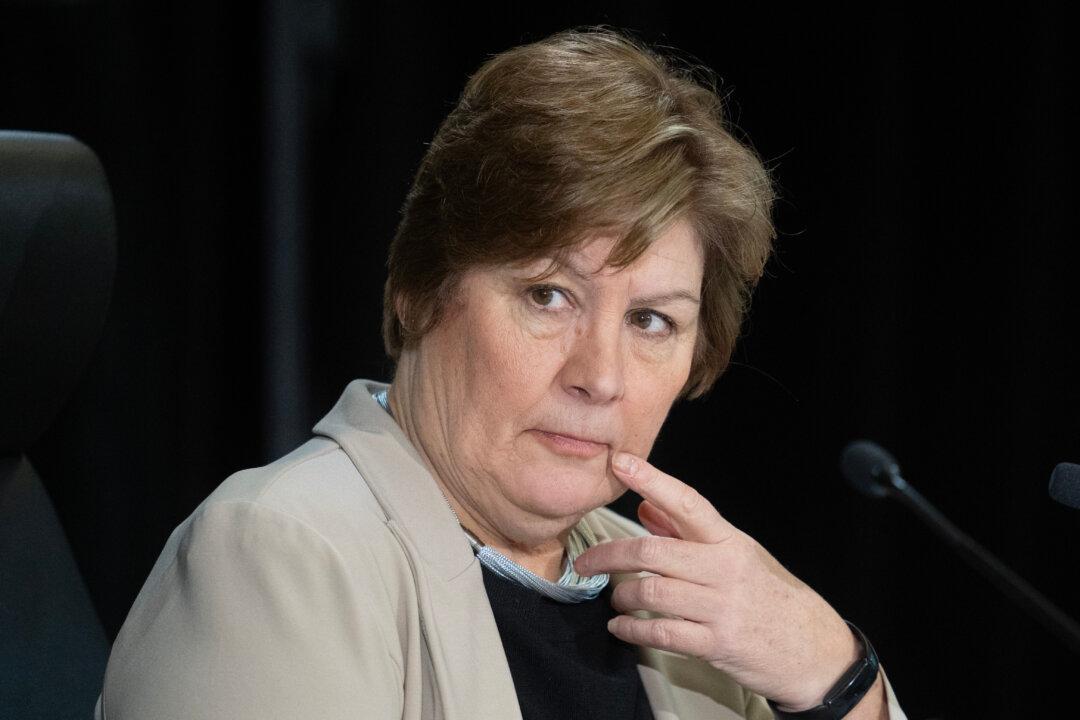Following the recent boycott of the public inquiry into foreign interference by two diaspora groups, Commissioner Marie-Josée Hogue has released a statement seeking to assuage security concerns from individuals worried about reprisals over their contribution to the investigation.
“Some members of diaspora communities have told us that they fear reprisals if they provide information to the Commission. Some are also worried that all the information they provide to the Commission will be shared with Participants in the Commission.” Ms. Hogue wrote in a statement released on Feb. 22.





